Policy Advocacy Activities
Since its foundation in 2001, the FSFE has been working every
single day to further Free Software in Europe and beyond. With
our concrete activities, based upon the three pillars of our work, we
focus on protecting and extending user rights. Some of our
actions run for many years, some are aimed at short-term
developments, but all are part of our mission: empower users
to control technology.
Another major part of our work consists of continuous engagement
and background work. We are present at dozens of conferences per year,
support and maintain an excellent community and
provide it with helpful resources. Furthermore, we are a
prominent contact point for all questions and enquiries around
software freedom, and user rights.
We need political change to strengthen Free Software. Learn more about how we
achieve this.
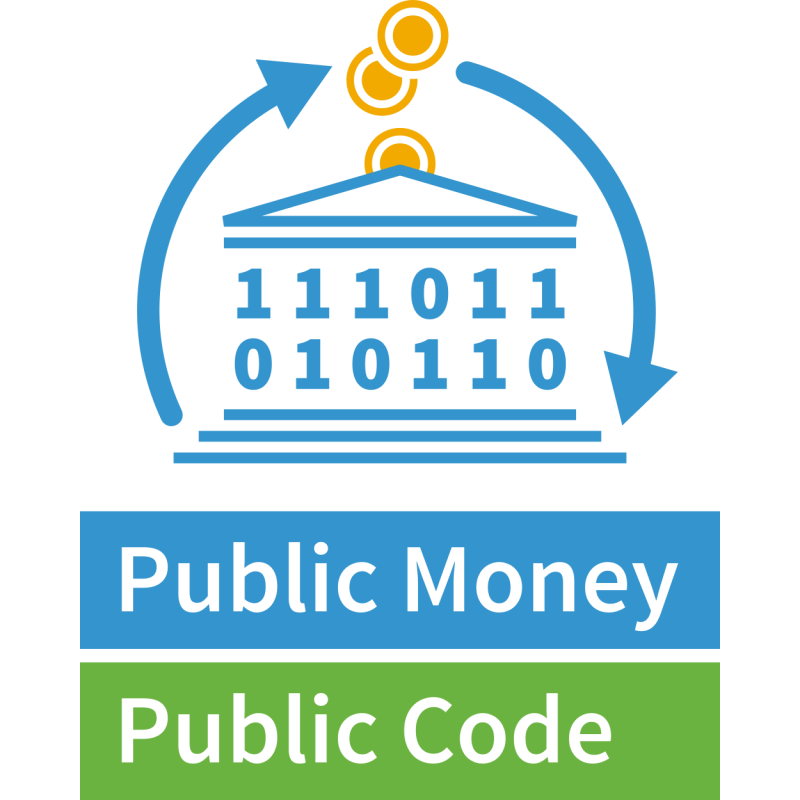
Por que o software criado usando dinheiro de pagadores(as) de impostos não é liberado como Software Livre? Queremos legislação exigindo que software financiado publicamente e desenvolvido para o setor público seja publicamente disponível sob uma licença de Software Livre e Aberto. Se é dinheiro público, o código deve ser tão público quanto. Código pago pelo público deve ser disponibilizado ao público!
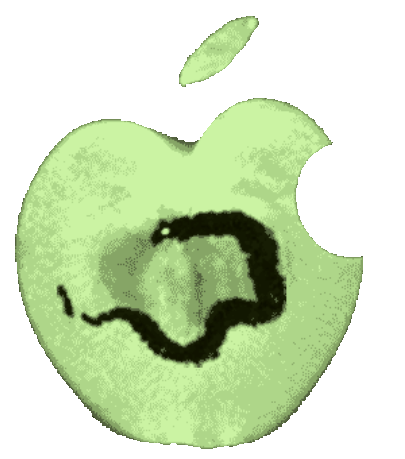
The FSFE is intervening to safeguard Free Software in a key court case involving Apple and the European Commission.
Apple is trying to avoid obligations derived from the Digital Markets Act (DMA).
The FSFE seeks to hold Apple accountable under the DMA in a developer-friendly way.
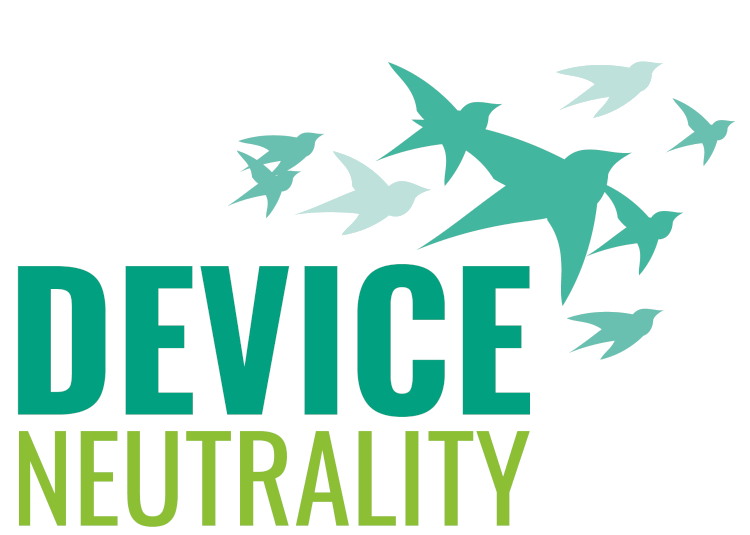
Although digital devices are ubiquitous today, the number of devices on which users cannot run Free Software is exponentially increasing. The consequence is an increased loss of control over users’ technology. Device Neutrality aims to enable end-users to bypass gatekeepers to have a non-discriminatory use of Free Software on their devices.
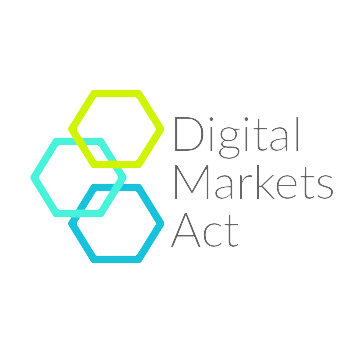
Device Neutrality is the policy concept to regulate monopoly over
devices and re-establish end-user control over their digital equipment.
The Digital Markets Act (DMA) regulates the economic activity of large
digital platforms and introduces Device Neutrality in the EU
legislation, fostering access to Free Sofware in Devices.
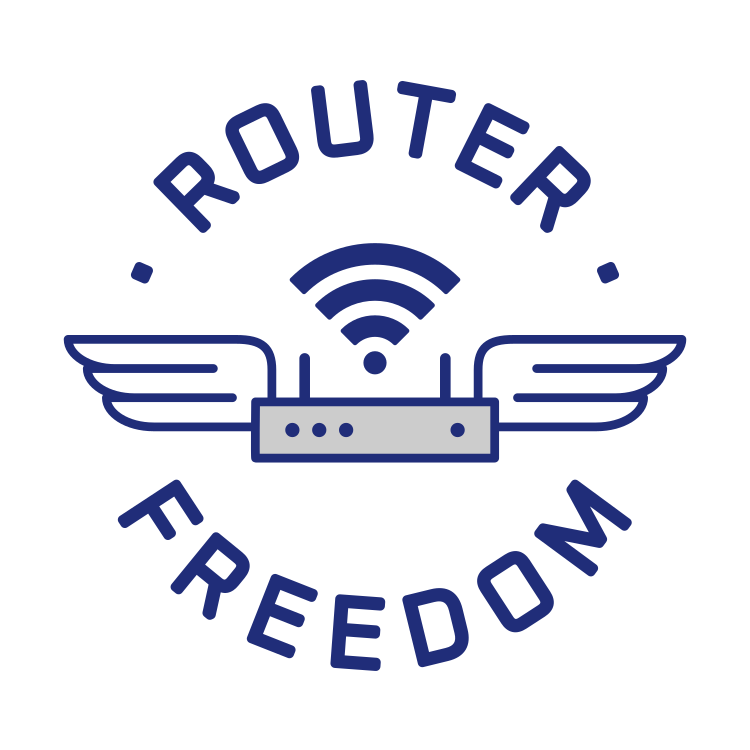
Deveria ser desnecessários dizer que na nossa sociedade deveríamos ser aptos(as) a escolher livremente os dispositivos técnicos para usar em nossas casas. Mas alguns provedores de serviços de Internet na Europa desonram esse princípio ao ditar qual dispositivo seus consumidores devem usar para se conectar à Internet, ou praticam discriminação contra proprietários(as) de dispositivos alternativos. A corrosão de nosssa liberdade básica de escolha é fortemente oposte pela FSFE e muitas outras ONGs, projetos e pessoas avulsas. Liberdade de Roteadores não é apenas um tópico para "experts". Afeta a todos(as) nós.
More Policy Activities
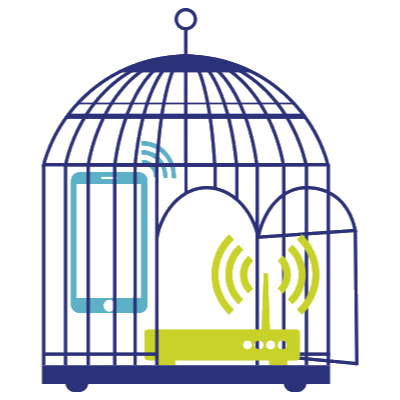
Uma regulação da União Europeia pode tornar impossível instalar um pedaço personalizado de software na maioria dos aparelhos que lidam com ondas de rádio como roteadores, "smartphones" e dispositivos embarcados. Ele requeer que os fabricandes de hardware implementem uma barreira que proíba usuários(as) de instalar qualquer software que não seja certificado por eles. Estamos trabalhando para evitar as esperadas implicações negativas nos direitos dos(as) usuários(as) e do Software Livre, segurança, livre competição, meio ambiente e iniciativas comunitárias de caridade.

Qual a melhor época há para perguntar a políticos(as) sobre suas posições quanto ao Software Livre e Padrões Abertos do que no tempo pré-eleitoral? Acreditamos que podemos e devemos fazer esses tópicos um assuto em todas as eleições, quer seja em nível europeu, nacional, regional ou local. Dependendo do sistema eleitoral e da cultura local, há estratégias diferentes e ferramentas que usamos: Perguntar a seu/sua candidato(a) uma lista de perguntas, a ferramenta online "Digital-O-Mat" e a plataforma também online Freedomvote, além da "Let's Promise"(Prometamos) para anotação de compromissos.
We are working towards a world where software does what software
users want it to do. For this, software users must be able to
participate in the development and distribution of the software.
Software patents block this goal by adding legal and financial
risks to software development and distribution and by giving the
patent holders legal power to completely prohibit software
developers from using the patented ideas.
The PDFreaders initiative aims to shine a spotlight on government
organisations that promote proprietary PDF readers. With the help of
activists across Europe, we have contacted these organisations and told
them how they can improve their websites to respect our freedom. On
pdfreaders.org
we present Free Software PDF readers for all major operating systems.
In 2001 the European Union started investigating Microsoft's dominant
position in the market for desktop operating systems. The FSFE represented
the interests of Free Software developer as a public interest organisation
who cannot be bought off. Thanks to the excellent work by all involved
parties, the case was won in all rulings up to the European Court of
Justice in 2012.
This activity was specifically targeted at the Dutch education sector, with
the aim of enabling citizens to have free access to education and public
institutions, both online and offline. By promoting the mandatory use of
Open Standards and platform-independent access to all materials, students
and parents will be able fulfil their potential for personal growth and
development without being dependent on a company.
The Internet Governance Forum (IGF) is a global policy discussion forum of
the United Nations, established as an outcome of the UN World Summit on
the Information Society (WSIS). FSFE followed the IGF to ensure that
policy discussions will not endanger digital freedom in general and Free
Software in particular.
Since the beginning of the standardisation process for Microsoft's Office
Open XML - OOXML (hereafter MS-OOXML), the FSFE has raised serious doubts
about whether MS-OOXML can be considered open. FSFE was the first to raise
the issue in the community, led the movement against the standardisation
of MS-OOXML, and has been closely following developments over the years.
A second Intellectual Property Rights Enforcement Directive was proposed
by the European Commission. It aims to criminalise all "intentional,
commercial-scale" infringements and allow rights holders to participate in
investigations. The FSFE pointed out to the EU institutions how such laws
encourage abuse of the legal system and have a chilling effect on
law-abiding activities.
The World Intellectual Property Organization (WIPO), one of the 16 specialised
agencies of the UN system, administers 23 international treaties dealing with
various aspects of limited monopolies on knowledge. As an observer to WIPO, and
together with a global coalition of other actors, the FSFE worked to transform
WIPO into a "World Intellectual Wealth Organisation".
The World Summit on the Information Society (WSIS) was a two-summit UN conference
organised by the ITU to propose important cornerstones for the information and
knowledge society. The FSFE participated with other civil societies to ensure
that the principles of the digital age would protect digital freedom, knowledge
sharing, access to information and Free Software.
The goal was to have Free Software classified by UNESCO as an Intangible
World Heritage and registered in the World Memory Register (another UNESCO
project). The Free Software community and UNESCO share the same values of
freedom, equality and fraternity. Such recognition would be a great boost
for Free Software.
The European Copyright Directive (EUCD) was the European equivalent of the
US Digital Millennium Copyright Act (DMCA). These laws lead to the
creation of monopolies and cartels, and pose serious obstacles to freedom
of speech and the press by providing means for digital censorship. The
FSFE has been actively involved in opposing such harmful legislation.






